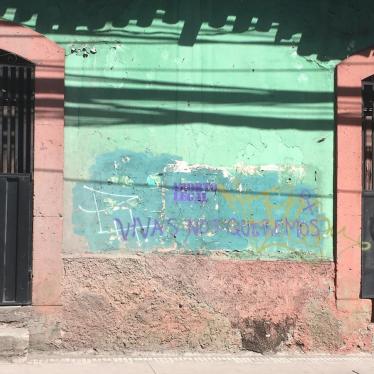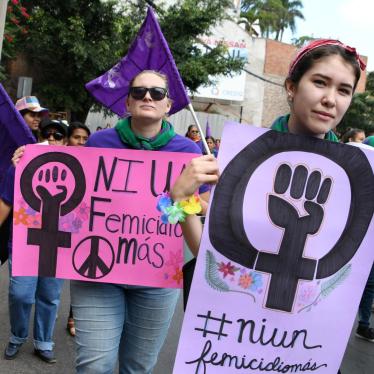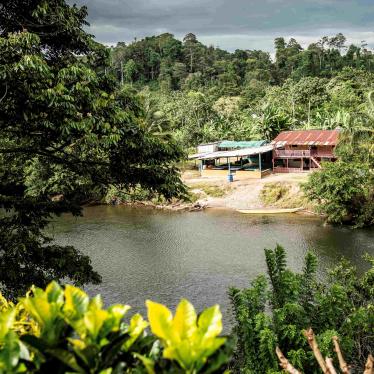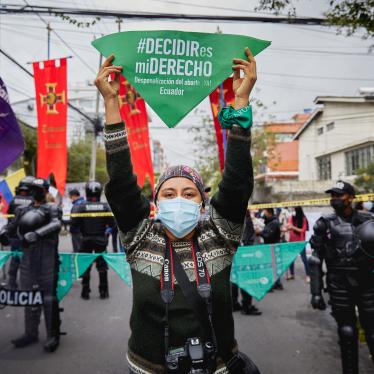“There is real risk in the spread of information, which can put the lives of girls at risk,” said Brazil's Minister of Women, Family, and Human Rights, Damares Alves, in an opinion article published on October 2.
The “dangerous information” she is talking about are the recommendations of the World Health Organization (WHO) for a safe abortion, laid out in a September 18 news story by AzMina Magazine.
To punish those who dare publish the health advice from the most important health organization in the world, Minister Alves has filed a complaint before prosecutors urging them to open a criminal investigation against AzMina.
Minister Alves claims that the article incites the commission of a crime, conduct punished with up to 6 months in prison under Brazilian law.
It does no such thing. Abortion is legal in Brazil in cases of rape, when necessary to save a woman's life, or when the fetus suffers from anencephaly–a fatal congenital brain disorder–, and that's exactly what AzMina's story explains.
The article also includes medical explanations by a gynecologist with decades of experience and the WHO recommendations to prevent harm and even death from unsafe abortions. Those recommendations are publicly available here, in Portuguese, to anyone with an internet connection.
Due to both legal and practical obstacles, many women and girls in Brazil have no choice but to turn to clandestine, often unsafe, methods to end unwanted pregnancies. An estimated one in five women in Brazil has had an abortion by age 40 – the overwhelming majority of these abortions are carried out clandestinely.
The information contained in the AzMina article is precisely what is needed to save lives.
After Minister Alves tweeted her denunciation of the article, the magazine and its reporters suffered a deluge of threats and online attacks. Personal data of some of its journalists were published online, said several associations that defend freedom of expression.
Minister Alves said the government protects journalists from threats, through their inclusion in a program to protect human rights defenders. But as of July, only two people, in a country of more than 200 million, were included in the program for reasons related to the defense of freedom of expression, according to data obtained by Human Rights Watch.
Minister Alves did not condemn the harassment and threats suffered by AzMina reporters. Instead, she criticized “the resistance of some journalists to admit they made mistakes.”
She also promised that the Brazilian government will invest more in family planning policies. That would be a positive step, but the policies should include comprehensive and accurate information for women and girls to make personal choices about their health and bodies. And this is the same government that in March ordered the removal from circulation a health booklet for adolescents about pregnancy and sexually-transmitted diseases because President Jair Bolsonaro objected to its images.
Minister Alves said in December that she wanted Brazil “free of abortion,” and has used every opportunity at the international level to oppose abortion. The minister, who is an evangelical pastor, has every right to her own religious beliefs and choices. But she, and the Bolsonaro administration, should not impose those on everyone else.
In her article, Minister Alves incongruously insists that her intention is “to prevent deaths due to failed abortions.”
If she were genuinely concerned for the lives and health of Brazilian girls and women, she would promote dissemination of vital health information, instead of aggressively trying to restrict it.









